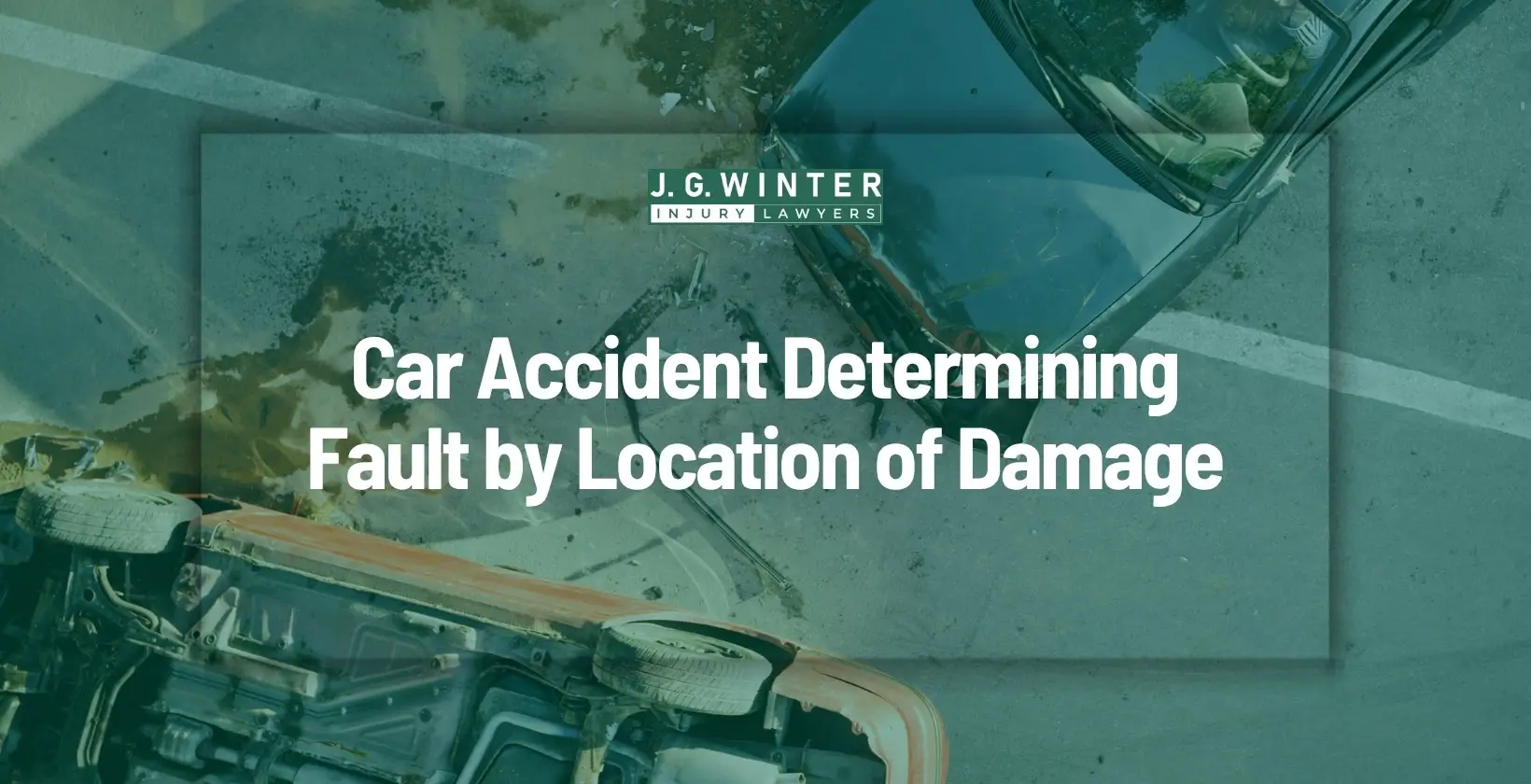A neck injury has the potential to be just as serious as a brain injury. The upper cervical spine (the bones of the upper neck) controls vital nerve functions that affect the brain and major organs of the body. The upper cervical spine also protects the lower part of the brain stem that connects the brain to the spinal cord. The brainstem is responsible for communication between the brain and the body, controlling all the body’s vital functions.
Injury to the upper cervical spine can result from whiplash or a concussion. A concussion occurs when the brain accelerates or decelerates at an average impact of 96 g’s of force. For a neck injury to occur, the force of acceleration or deceleration required is only 4 g’s; therefore, it is nearly impossible to sustain a concussion without sustaining a neck injury.
Whiplash versus Post-Concussion Syndrome
Whiplash and concussions stem from sudden and forceful jolts, but they are very different injuries. Whiplash is a neck injury that damages soft tissues in the neck, such as ligaments or muscles. A concussion is a type of mild traumatic brain injury. Whiplash and other neck injuries, however, share symptoms with post-concussion syndrome.
After the initial incident, post-concussion syndrome typically appears weeks or even years later. The symptoms may be the same as those experienced during the first weeks after a concussion. The difference is that the symptoms persist beyond the time needed to recover from the initial concussion incident. Symptoms shared by whiplash and post-concussion syndrome include:
- Headaches
- Neck pain/stiffness
- Loss of memory or concentration
- Insomnia
- Mood changes
- Anxiety/depression
As mentioned above, it is nearly impossible to suffer a concussion without experiencing damage or strain to the upper neck. Injuring the neck during a concussion incident can affect the alignment of the upper cervical spine. This could impact the function of the brainstem and the brain. Injury to the upper cervical spine results in the following:
- Impairment to the nervous system’s communication
- Inhibited blood flow to the brain
- Reduced cerebral spinal fluid drainage that causes intracranial pressure
A misalignment in the upper cervical spine affects the function of nerves, blood flow, and cerebral spinal fluid that mimics the symptoms of post-concussion syndrome.
3 Steps to Take After Suffering a Concussion
Experiencing a sudden and blunt force to the head can be scary and overwhelming. When under direct pressure and pain, it can be hard to distinguish what to do next. Here are three helpful steps to take after suffering a concussion:
Immediately Seek Medical Attention
Even if the person seems fine, there could be underlying conditions that are undetectable to someone without a medical background. Seeing a medical professional is the best way to ensure that you have no other injuries. If symptoms persist or return after the initial concussion healing period, return to your doctor.
Contact a Neuropsychologist
A neuropsychologist specialist can help if you are experiencing post-concussion syndrome. They can help assess the severity of your injury and its effects on your nervous system. Once they evaluate you, they can offer suggestions for treatments or coping strategies.
Contact an Experienced Personal Injury Lawyer
Traumatic brain injury cases can be challenging because of proving liability and negligence; however, the physical, emotional, and financial toll of a traumatic brain injury can be extensive. You deserve compensation if there is a party at fault for your injury. The best way to ensure that you have a solid claim to pursue your rightful compensation is to hire a personal injury lawyer.
There is a significant amount of overlap between concussions and neck injuries. The best way to protect your health and well-being is to contact medical and legal professionals.
Contact the California Personal Injury Lawyers at the Law Offices of JG Winter
Our mission at the Law Offices of JG Winter is to impact the lives of our clients positively. We understand that sustaining an injury can make daily life challenging, and we work hard so that our clients receive the compensation they deserve. We have handled catastrophic personal injury cases, including auto accidents, spinal injuries, and brain injuries. At the Law Offices of JG Winter, we have the necessary resources and experience to build a strong claim and fight for our clients.
Our law firm has consistently managed claims and cases concerning traumatic brain injuries and spinal injuries. Regardless of how challenging a case may be, we strive to achieve the best possible outcome for our clients. To schedule a free consultation, you can call (844) 734-2626 or complete our contact form.




